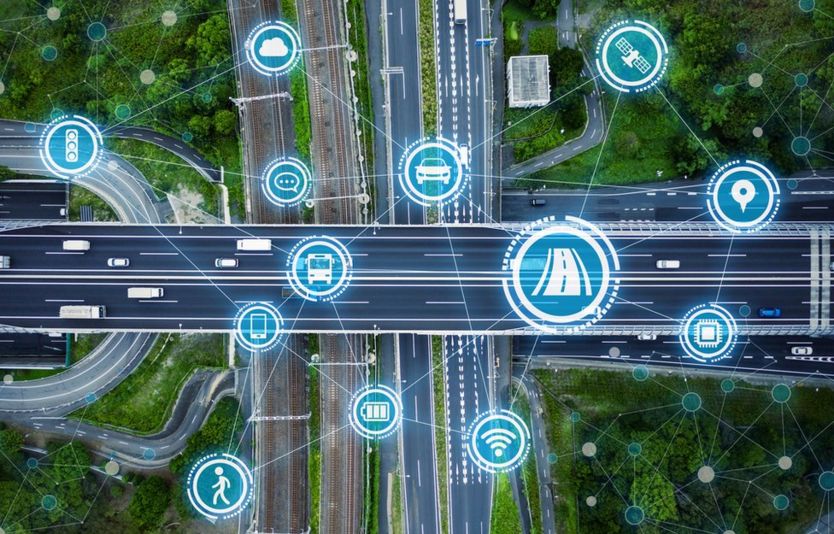Graphic: Getty Images
Blog Editor’s Note: While not a lot in the below is “newsworthy” for many of our readers, it’s a good compilation. It is also encouraging for all of us to see this issue being framed and presented for a general audience. An audience that, for the most part, has no idea of the vulnerability of GPS and other satnav.
It is also interesting that eLoran is mentioned toward the end of the piece. The UK implemented and certified eLoran for use along its east coast before its European partners shut down their portions of the system. This was to show their unqualified support for the very expensive and, at that time, struggling, Galileo project.
Russia, China, Saudi Arabia, Iran, and South Korea all have versions of Loran in operation. This gives them (and Japan which benefits from coverage by their neighbors’ systems) the ability to weather GNSS problems (solar flare, cyber, deliberate jamming attack, etc.) much better than the US and Europe.
A terrestrial backup will have much more utility than its use for contingencies. To be a good “backup” it will necessarily have much different characteristics than GNSS to ensure it is available when satnav is not. These differences will be leveraged by engineers for a whole new set of PNT tools and capabilities.
But even if “the backup” does nothing more than ensure the safety of hundreds of millions of people against the day space is unavailable, it will be more than worth it.
Our friend Sally Basker recalls a line from “The Blind Side” – “The first check you write each month is for the mortgage. The second is for the insurance.”
The US and Europe have built very large and expensive houses. Without insurance and an alternative shelter, their populations will suffer greatly in the severe weather to come.



